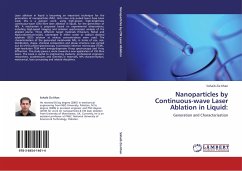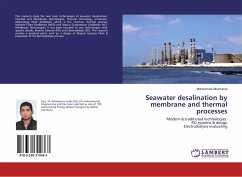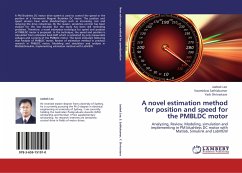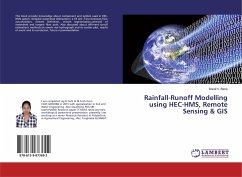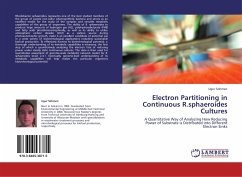
Electron Partitioning in Continuous R.sphaeroides Cultures
A Quantitative Way of Analyzing How Reducing Power of Substrate is Distributed into Different Electron Sinks
Versandkostenfrei!
Versandfertig in 6-10 Tagen
32,99 €
inkl. MwSt.

PAYBACK Punkte
16 °P sammeln!
Rhodobacter sphaeroides represents one of the best studied members of the group of purple non-sulfur photosynthetic bacteria and serves as an excellent model for the study of the complex and versatile metabolic capabilities of this group of organisms. The ability of R. sphaeroides to produce large amounts of hydrogen gas (H2), polyhydroxybutyrate (PHB) and fatty acids photoheterotrophically, as well as its ability to utilize atmospheric carbon dioxide (CO2) as a carbon source during photoautotrophic growth, make it an excellent candidate of potential use in a wide variety of biotechnological a...
Rhodobacter sphaeroides represents one of the best studied members of the group of purple non-sulfur photosynthetic bacteria and serves as an excellent model for the study of the complex and versatile metabolic capabilities of this group of organisms. The ability of R. sphaeroides to produce large amounts of hydrogen gas (H2), polyhydroxybutyrate (PHB) and fatty acids photoheterotrophically, as well as its ability to utilize atmospheric carbon dioxide (CO2) as a carbon source during photoautotrophic growth, make it an excellent candidate of potential use in a wide variety of biotechnological applications including sustainable biofuel production. To effectively harness its biotechnological potential, a thorough understanding of its metabolic capabilities is necessary, the first step of which is quantitatively analyzing the electron fate of reducing power under steady state continuous cultures. The data is then used for quantitative assessment of genome-scale metabolic network model for R. sphaeroides strain 2.4.1. Eventually, genome-level understanding of its metabolic capabilities will help realize this particular organism's biotechnological potential.




